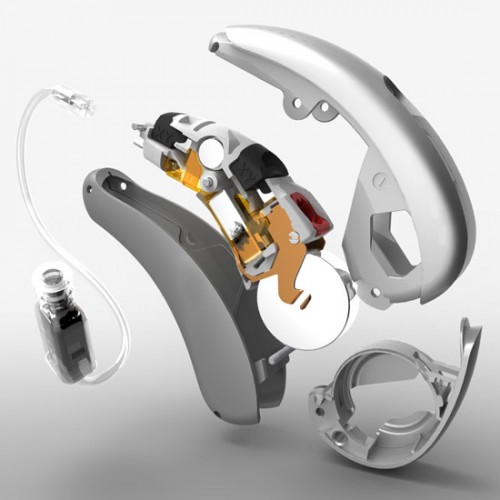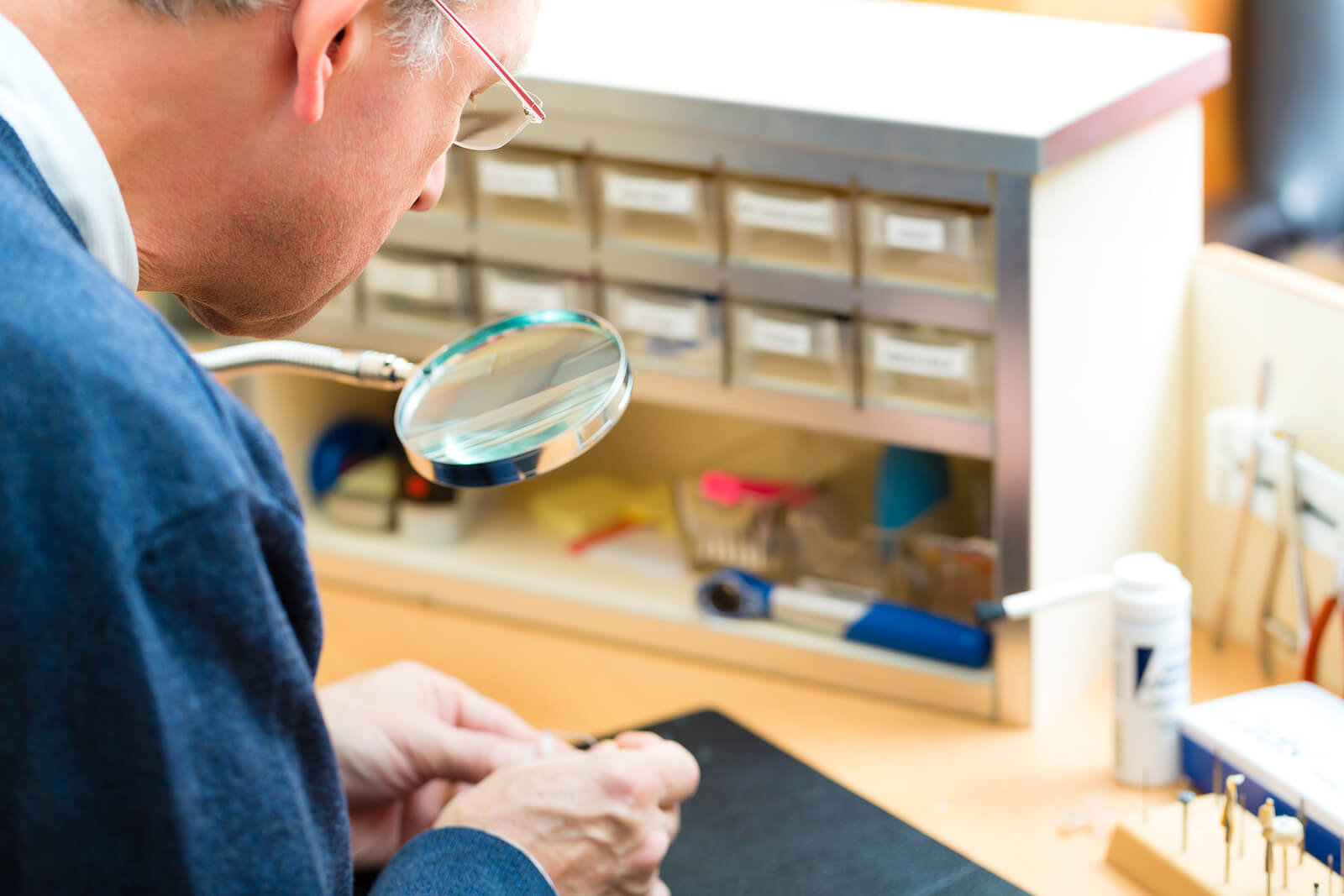Keeping them working
The most irritating thing when a hearing aid breaks down is the loss of the device for several days. On top of that, if the hearing aid is out of warranty there is also a cost. Most of our customers tell us that the cost isn’t really the issue, it’s not having their hearing aids that really bothers them. So we decided to put together a few tips to help you minimize the chances of your hearing aid breaking down.

Different types, different problems
Different hearing aids have their own pros and cons. For instance, RIC devices (Receiver In Canal) are fantastically versatile and discreet hearing aids. However, you really need to take care of the receiver so it doesn’t fail. ITE (In The Ear) hearing aids are a favorite with people, however, both the receiver and microphones need regular cleaning. So depending on what type of device you wear, your clean and care routine may be different.
Regular maintenance
Taking the time to care for your hearing aid properly will keep failures and other problems to a minimum. For instance, I had a customer come in with what they thought was a faulty hearing aid. It turned out that the microphone cover was packed with debris. Once we cleaned it out, the hearing aid worked just fine. The same often happens with the wax guard, it often gets clogged and you can’t hear any sound. Changing the wax guard solves the problem. The following tips will help you give your hearing device the best possible care:
Keep your hearing aids clean
This may seem like an obvious point, but keeping on top of your clean and care routine is one of the most important factors in caring for your hearing aids. Cleaning your hearing aids daily will help to prevent potentially damaging earwax and moisture from building up.
Be gentle with your hearing devices
Hearing aids are built to be rugged, however they are still full of very delicate electronics. Always handle them with care, try not to drop them onto hard surfaces, and place them down carefully. They aren’t as fragile as eggs, but they still need some care when handling.
Avoid contact with dirt, hairspray and make-up
Back to the story about the microphone covers, the microphone on your hearing aid is protected by a cover. Many of these covers have very small holes which are easily blocked by residue, dirt and personal care products. Be sure to remove your aids before applying hair spray or powdered makeup as even small quantities can either block the mics or even damage them. You should also try to make sure your hands are clean before handling your hearing aids.
Avoid exposure to heat
Exposure to intense heat can easily damage your hearing aid’s shell or its component parts. Make sure to remove your devices before using hairdryers or straighteners. Avoid storing your hearing aids near heat sources like radiators or furnaces. Don’t ever try to dry your hearing aid in a microwave.
Avoid contact with moisture
Many modern hearing aids are manufactured to be water resistant or even waterproof. However, unless you have been specifically told that this is the case for your devices, keep them away from water. So that means removing them when you are showering or bathing, but don’t remove them and leave them in the bathroom. Don’t forget, steam from the hot water is still moisture and it gets everywhere, including into your hearing aids if you leave them in there.
Use a drying kit
Speaking of moisture, it is a good idea to use a drying kit as part of your regular maintenance schedule. These kits will dry out your devices overnight removing any moisture that has formed on the internal components. A drying kit is an important investment if you wear RIC or ITE devices. It’s also important if you live in an area with high humidity.
Store your hearing aids correctly
Always carry your device in the proper storage case to avoid it getting damaged or exposed to moisture and dirt. If your aid is not in use for several hours or more, it’s wise to remove the batteries and leave the battery compartment open to allow any moisture build-up to dissipate.
Clean your aid carefully
When cleaning your hearing aid, only use the specially designed products and tools provided by your hearing aid dispenser. Other cleaning agents which contain solvents may cause damage. It is equally important to take your time and be gentle when cleaning your device. Extra time spent now will save a lot of trouble further down the line. Ask your hearing care professional what products are available to help keep your hearing aids in the best possible condition.
Hearing aids are delicate pieces of technology. With routine maintenance and care, they can serve your needs for a long time. Following the above tips can help you minimize hearing aid repairs.

